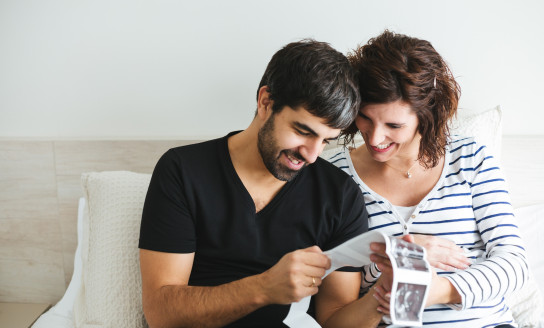Find out about the different kinds of parenting education programmes Plunket offers up and down the country.
Pregnancy and Parenting Education Programme (PPE)
We provide Pregnancy and Parenting Education (also known as antenatal) courses on behalf of Health New Zealand/Te Whatu Ora in the following areas around Aotearoa:
North Island
- Hamilton
- Matamata
South Island
- Canterbury
- South Canterbury
- West Coast
- Southern
Visit plunketppe.org.nz to book
Our courses provide evidence-based education for first-time parents about healthy pregnancy, labour, birth, early parenting and caring for a new baby. They're designed to start around your 25th week of pregnancy.
We deliver this information in a relaxed and welcoming environment, with evening and weekend course options available. We can also provide 1:1 education for whānau who may find this more appropriate.
We aim to give expectant parents the knowledge and confidence to make informed choices for themselves and their whānau throughout their pregnancy, childbirth, and parenting journey. We support whānau to build relationships within the class, so friendships and support networks are established as they become new parents.
Topics covered include:
- labour and birth
- stages of labour
- choices during and after birth
- pain relief options
- infant feeding
- newborn care
Virtual Courses
We can also offer virtual antenatal courses which you can complete online.
For more information
- Visit www.plunketppe.org.nz
- Email ppe@plunket.org.nz
- Free phone 0800 291 658
- Call or text 027 275 8477
